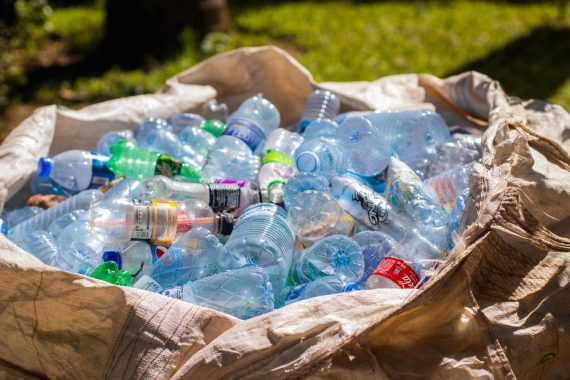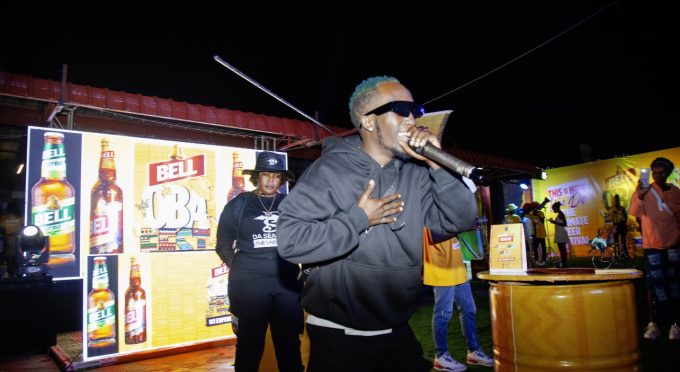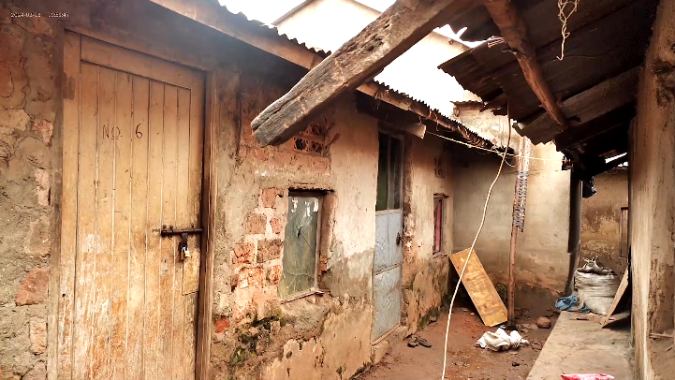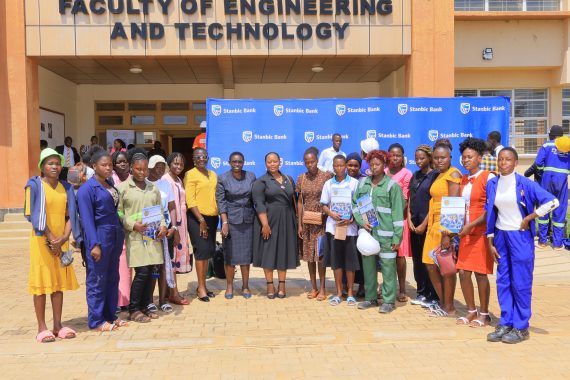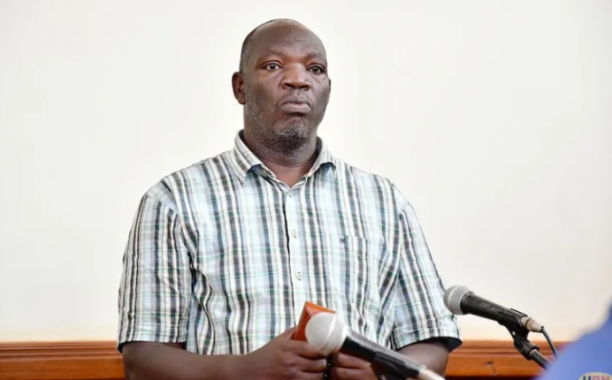83% of the 1.6 tonnes of waste collected after the first ever Bell Lager ObaFest that happened on 22nd October 2023 at Jahazi Pier Munyonyo was recycled – signalling the dawn of a new era of environmentally sustainable social events in Uganda.
By ensuring proper waste management and recycling practices before, during and after the beer festival, a total of 1,666.30 kg (1.6 tonnes) of waste was collected – with 82.7% (1,379.30 kg or 1.3 tonnes) being recycled and 17.22% (287 kg) being residue/non-recyclable waste that was disposed of in the designated Kampala City Council Authority (KCCA) landfill.
The development is timely following increased concern about Kampala’s waste management situation.
While addressing the National Technical Consultation workshop to develop a national action plan for the management of plastic pollution in Uganda in February last year, Dr. Akankwasa Barirega, the Executive Director of the National Environment Management Authority (NEMA), said that Kampala alone generates 150 tonnes of waste daily and only 40 per cent of the plastic waste produced in urban areas is collected.
He added that the other 60 per cent is not disposed of properly and contributes to the pollution of Uganda’s water bodies, negatively affects soil fertility and agricultural productivity, and also contributes to the blockage of drainage channels – which leads to floods.
With ObaFest, Bell Lager took significant steps to reduce its environmental impact to ensure a greener and more responsible festival experience.
Grace Amme, the Bell Lager brand manager, said, “ObaFest was a festival of many firsts and one of the ways through which we are pursuing a robust sustainability agenda to address some of the challenges facing the communities within which we operate. By being intentional about the way we collect and dispose of the waste generated within this first edition and the subsequent ones, we are maintaining our commitment to our purpose – which is to let the good times flow – while being mindful of our impact on the environment.”
The brand’s move is in line with recent trends that have seen more music and outdoor festivals around the world adopt green practices, such as the Glastonbury Festival, Burning Man, the Global Citizen Festival and more.
Artists on global tours are also joining the fray, for example, the British rock band Coldplay recently shared emissions data from the first 12 months of their Music of the Spheres World Tour (from March 2022 to September 2024) – which showed that they had produced 47% less Carbon dioxide equivalent (CO2e) emissions than their previous 2016-2017 stadium tour.
Enock Mugabi aka iWitness is a Journalist, Seasoned Writer and Music Analyst with a passion for sports.
Connect with him on social media using the links below in bio.



